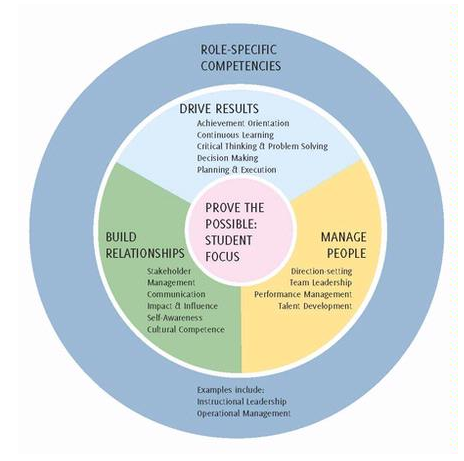With budget cuts taking place over the last year, the public elementary school that I attended was closed. The once bustling school in the heart of the historic downtown was hollowed and silenced. I had just decided to take a hiatus from teaching when several people pleaded for me to invest in the school and re-open it myself as a private or charter early childhood (pre-K-3) facility.
I thought about it seriously for about two minutes. My aspirations do include chartering and running my own early childhood academies. Since I was familiar with the community, fluent in best practices for early learners, and backed by supporters in TFA and KIPP, this seemed like a golden opportunity for me to launch my career in school leadership. At minute three, I realized I was nowhere near qualified. The problem was rooted in my teaching experience: daily, I saw the inefficiency and incompetence of people trying to run schools, essentially businesses, without any knowledge of finance, management, strategy, operations, or business development. Although I had a strong grasp on the Teaching As Leadership framework for excellent teaching and worked in funding and administration for a bit, the bottom line was that I came from a liberal arts and education background. I was not ready to run an organization of my own.
Great schools have great leaders. Education seems to exist in a universe outside of traditional nonprofit and private sectors. As a result, we see people with passion, but without the business savvy to build super efficient, highly stimulating environments for their employees and students. I am not saying that every school leader needs an MBA and a long history with corporate management. What I do expect, however, is that every principal or director has demonstrated tenets of exceptional leadership.
Huge controversy has arisen around teacher accountability. We should necessarily examine who is supposed to hold these teachers accountable, but instead we focus on how we can standardize evaluation metrics. By placing more emphasis on the fundamental skills school leaders need to run excellent schools, I am positive we would see improvements at every level throughout schools.
Having added knowledge from a well-run organization or experience in competitive environments would very much help weed out the great from the mediocre. The naturally non-competitiveness of the education sector does not reward moves to gain advantages -- a more classically corporate aspect of organizational strategy. Education may never look like the private sector, but in no way does that mean it cannot borrow best practices from well-managed companies. Watching school directors, managers, and executives fumble around and ultimately fail to connect to their clientele, supervise teachers, generate budgets and create ambitious and achievement-driven culture was depressing. I know that many for-profit companies similarly struggle, but there is at least some inherent pressure in that they will have to leave the market if they are unsuccessful.
Distilling the qualities of wonderful leaders is a challenge, but I would highlight both KIPP's and McKinsey & Co's models for successful executives. KIPP has begun an initiative to train new school leaders with the Fisher and Miles Family Fellowships. They have also formulated a strong model for effective leaders.

Notice that key components include "operational" and "performance" management, concepts that do not naturally carry from a few years in the classroom. McKinsey has discussed extensively "centered leadership," showing that "finding meaning in work, converting emotions such as fear or stress into opportunity, leveraging connections and community, acting in the face of risk, and sustaining the energy that is the life force of change" are the most important attributes shared by strong executives. These characteristics do not exclusively align with the business world, but they certainly do not seep into accreditation curricula or educational professional development.
From my experience, I determined I wanted to delve into the private sector for a stint before moving back into education. I am lucky to have found a place at LearnBoost developing an electronic gradebook because I can leverage my strengths in education while learning how to build a business from scratch. When I do feel ready to run a school, I will still employ my teacher skills. With passion and the interpersonal skills to connect with students and families, and the organization and planning abilities to make lessons relevant and data-driven, I know how to affect student achievement in the classroom. But, I will also champion the practical skills I inherit from working in the more competitive, results-driven private sector environment.